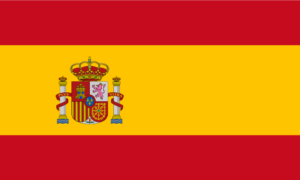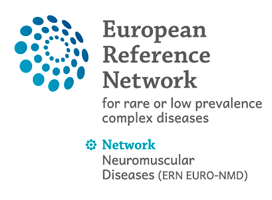Contact
Carmen Paradas

Dr. Carmen Paradas, after finishing her residency in Neurology in Sevilla (2002) was awarded a Research Formation Fellowship by Spanish Ministry of Health, working for his doctoral thesis at the laboratory of Dr Isabel Illa, and obtaining her PhD degree in 2006. From 2008 to 2010 she worked as postdoctoral fellow at the laboratory of Prof. Rafael Fernández-Chacón at University of Sevilla performing in vitro assays to investigate the defective membrane repair in dysferlin-deficient muscles. During this period developed one of the first and outstanding works in the field of neuroimaging and dysferlinopathies (Paradas et al, Neurology 2010).
From 2011 to 2013 she developed a second postdoctoral period working in the Neuromuscular Laboratory lead by Dr. Hirano and Dr. DiMauro at Columbia University. During this period Dr. Carmen Paradas worked on genetics of muscular disorders, which culminated with the description of the first case of an adult patient suffering a mitochondrial myopathy due to mutations in the TK2 gene (Paradas et al, Neurology 2013) and the description of the natural history of the myopathy associated to mutations in the Twinkle gene (Paradas et al, JAMA Neurology 2013).
In 2014, Dr. Carmen Paradas started her own laboratory at the Institute of Biomedicine of Seville (IBiS), associated to the Hospital Universitario Virgen del Rocío, where she is coordinator of the Unit of Neuromuscular Disorders.
From 2014 to 2016 her group has developed a seminal work focus on mutations in a new gene, POGLUT1, in muscular dystrophies, and describing a novel pathomechanism involving the Notch signaling pathway and a depletion of the pool of satellite cells, which has been recently published (Servián-Morilla et al, EMBO Mol Med 2016).
In 2016, Carmen Paradas was awarded a Matsumae International Foundation fellowship and has been a visiting scientist at the National Center of Neurology and Psychiatry, Tokyo (Dr. Ichizo Nishino), est! ablishin g a new international collaboration focus on the next generation sequence analysis and the generation of animal models using CRISPR/Cas9 technic.

